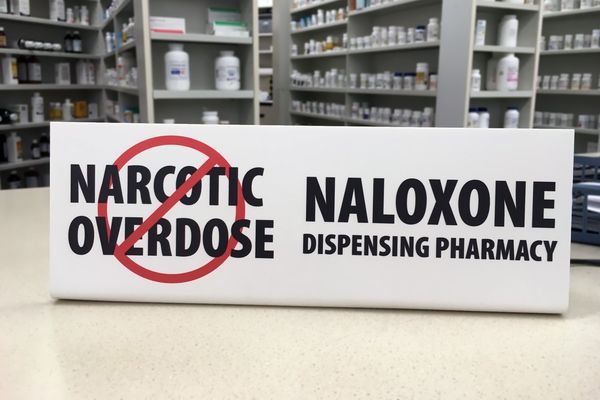Alcohol Awareness Month is upon us, and it's an opportunity to increase our awareness of alcoholism: its dangers, effects, causes and treatments.
The statistics are startling: It's the fourth leading preventable cause of death in the United States. Approximately 88,000 people die from alcohol-related causes each year, and 31 percent of overall driving fatalities are caused by drunk driving. Alcohol-related problems cost the United States $240.9 billion in 2010.
As parents, talking early and talking often is one way we can make a difference in our teens' use of alcohol and have an influence on reducing underage drinking. Parents can play a very important role in stressing the dangers of alcohol and safe drinking, because drinking is one of the leading causes of death among young people (including car accidents, murder and suicide).
But what if it's too late, and you have a loved one who is abusing alcohol? It can be harmful not only to the person doing the drinking, but to the entire family.
More than 10 percent of children in the United States live with a parent who has a problem with alcohol, according to a 2012 study. That situation can be wrought with pain and heartbreak. And it can be so overwhelming that many people choose to ignore it, convincing themselves that it's not really that bad or that it will eventually get better.
Confronting the problem head-on is the first real step toward a treating the problem.
Everyone is different, and addiction is a complex set of issues; thus there's no one way of handling it. Here are some options you may want to explore:
- Let the person know you care. Offer your help and support and your willingness to find them help (and even to accompany them). Be compassionate and patient.
- Closely observe the person's behavior over time. Information gathering can be helpful if you choose to involve other family members or seek advice from a professional. You may gain valuable insight into what is contributing to the problem.
- Don't wait until it's too far gone. Sometimes people wait for the person to "hit bottom." But many studies show that brief interventions, before patients have big problems with alcohol, can make a difference. In a study of 200 workers who were alcoholics, those who recalled getting a warning from a physician at the beginning of the study had a better prognosis two years later. Similar to other chronic diseases, early treatment can yield better results.
- Offer ongoing support. Even after your loved one starts going to meetings or getting treatment, it's important to continue to show your concern and let them know you are there to see them through and succeed in long-term recovery.
- Don't enable. If you try to keep up with them by drinking with them, this will only encourage them to drink more—or will help them justify their habit.
- Explore the options. Various types of treatment programs exist: there are inpatient residential facilities, nonresidential programs and self-help resources like Alcoholics Anonymous and Al-Anon Family Groups. Another resource is the National Drug and Alcohol Treatment Referral Routing Service at this toll-free number: 1-800-662-HELP (4357).







